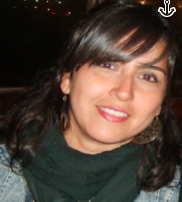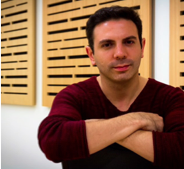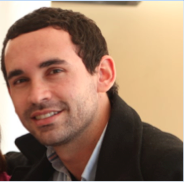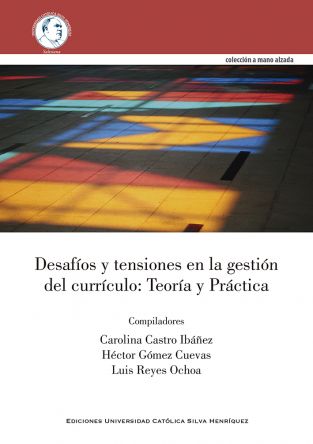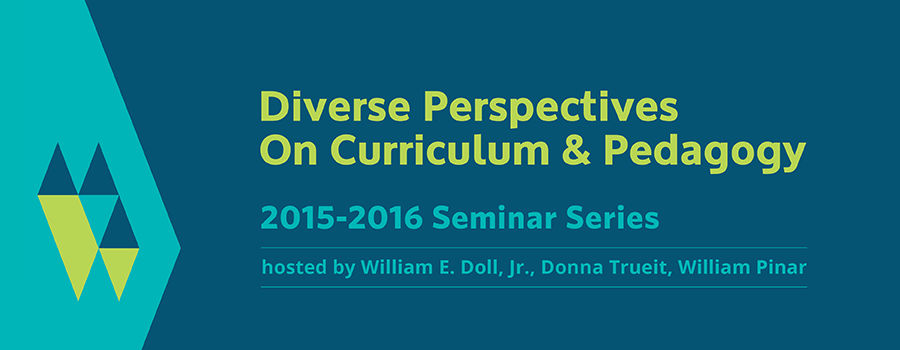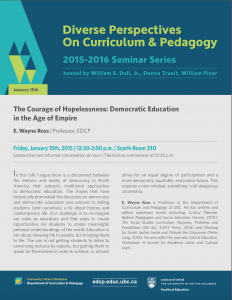Universitat Autònoma de Barcelona
International Research Seminar on Social Studies Education
Place: Sala de Juntes de la Facultat de Ciències de l’Educació, & Seminari de Màster 2 (Building G5)
Dates: 6 and 7 February 2018
Schedule: 16:00-20:00
Critical research on Curriculum and Social Studies Education
1. What should we investigate today? Critical research and selecting a topic of research.
2. How should we investigate the social studies curriculum to do critical research? Research methodology.
With the participation of:
Dra. Liliana Bravo Penjeam. Professor of the Department of History at Universidad Alberto Hurtado (Chile)
Dr. E. Wayne Ross. Professor of Social Studies Education, at the University of British Columbia (Canada)
Dr. Joan Pagès. Emeritus Professor of Social Studies Education, at the Universitat Autònoma de Barcelona
Dr. Antoni Santisteban Professor of Social Studies Education, at the Universitat Autònoma de Barcelona
Presentation by the speakers and debate in small groups.
montserrat.oller@uab.cat

